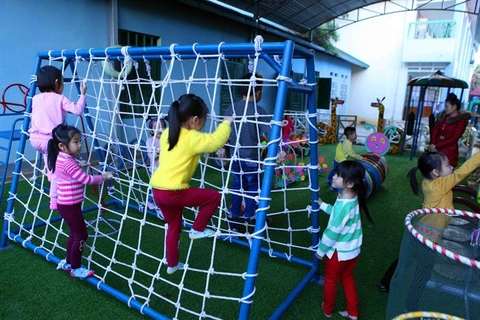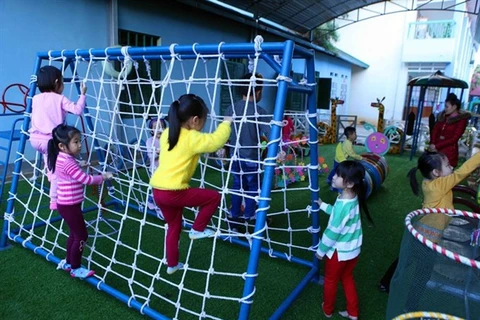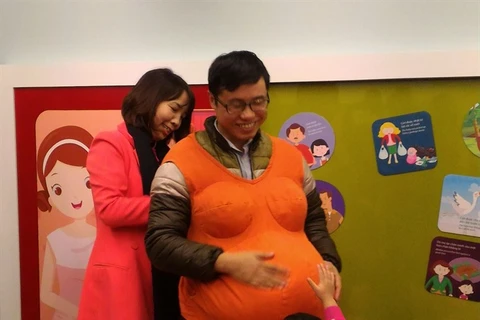Bangkok (VNA) – Thailand’s Ministry of Education will include a test on sex education and life skills in the Ordinary National Educational Test from this year onwards as part of efforts to prevent teenage pregnancy.
The decision was made at a meeting of a committee on preventing teenage pregnancy and solving related issues last week.
The decision will be soon informed to all students via their schools, said Thai Deputy Prime Minister Chatchai Sarikulya. The committee also assigned its provincial subcommittees to promote sex education and life skill programmes at school, he added.
Meanwhile, the Thai Ministry of Home Affairs is considering adopting new regulations to enhance responsibility for its local departments in preventing the increasing unwanted pregnancy among teenagers. The Ministry of Public Health plans to open centres to monitor and collect data on teenage pregnancy for timely support and intervention.
Statistics show that about 1.5 million babies were born to teenage moms in Thailand between 2000 and 2014. In 2016 alone, nearly 14 percent of Thai pregnant women were teenagers. Experts warned that the real number might be much more higher.-VNA
The decision was made at a meeting of a committee on preventing teenage pregnancy and solving related issues last week.
The decision will be soon informed to all students via their schools, said Thai Deputy Prime Minister Chatchai Sarikulya. The committee also assigned its provincial subcommittees to promote sex education and life skill programmes at school, he added.
Meanwhile, the Thai Ministry of Home Affairs is considering adopting new regulations to enhance responsibility for its local departments in preventing the increasing unwanted pregnancy among teenagers. The Ministry of Public Health plans to open centres to monitor and collect data on teenage pregnancy for timely support and intervention.
Statistics show that about 1.5 million babies were born to teenage moms in Thailand between 2000 and 2014. In 2016 alone, nearly 14 percent of Thai pregnant women were teenagers. Experts warned that the real number might be much more higher.-VNA
VNA























